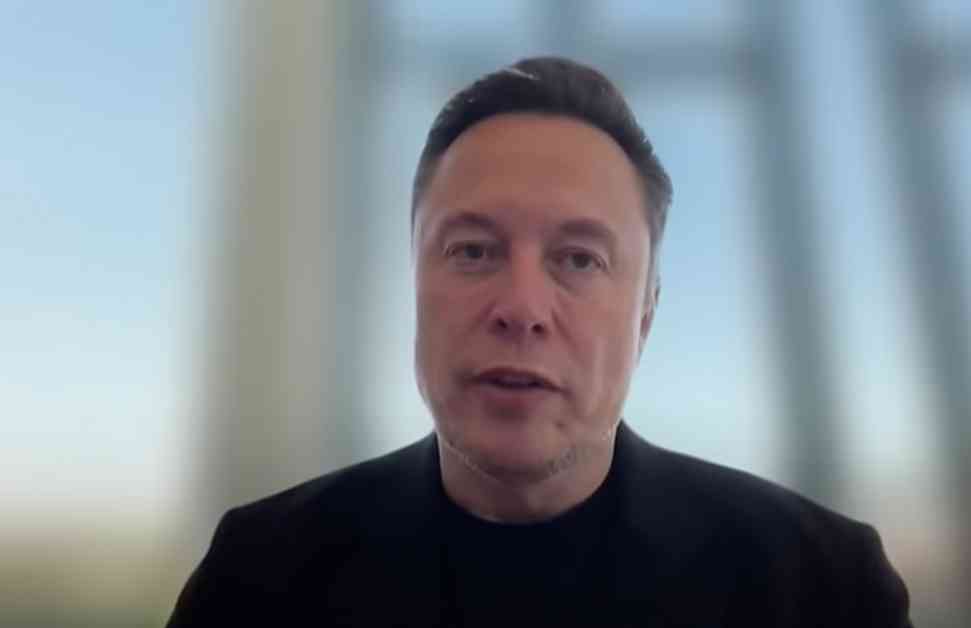Elon Musk, the CEO of Tesla, has recently come under scrutiny for starting his first startup, Zip2, while on a student visa. This has raised questions about his legal work authorization at the time, as U.S. law generally prohibits international students on visas like the J-1 and F-1 from working without proper authorization, especially if they have left their academic program.
Musk, a South African-born Canadian citizen at the time, has not publicly disclosed any lack of work authorization while building Zip2, which eventually sold for around $300 million in 1999. This has led to speculation about his immigration history and legal compliance, especially given his vocal stance against undocumented immigrants.
The situation with Musk has highlighted the complexities of the U.S. immigration system, particularly for students and professionals navigating work options while staying compliant with visa rules. For international students, pathways like Optional Practical Training (OPT) and H-1B visas are crucial for gaining work experience and potentially transitioning to long-term visas or citizenship.
Attorneys emphasize the importance of adhering to visa rules to avoid any legal repercussions. Unauthorized work, even minor infractions, can have lasting consequences on an individual’s immigration benefits. It is crucial for international students to seek guidance from designated school officials (DSOs) or immigration attorneys to ensure they are following the regulations and maintaining their legal status.
The scrutiny surrounding Musk’s immigration history serves as a reminder of the maze-like nature of the U.S. immigration system and the challenges faced by individuals seeking to navigate it successfully. The story has sparked a broader conversation about inconsistencies within the system and the critical role of student visas as a pathway for international students entering the U.S.
With over one million international students enrolled in U.S. institutions each year, the importance of understanding and following visa rules cannot be overstated. Students must maintain full-time enrollment, adhere to visa conditions, and seek guidance from experts when needed to avoid any potential legal issues that could jeopardize their status in the country.
Ultimately, Musk’s case underscores the need for transparency and compliance with immigration laws, especially for public figures who play influential roles in society. By addressing questions about his immigration history and legal work authorization, Musk could provide clarity and set an example for others navigating the complexities of the U.S. immigration system.













